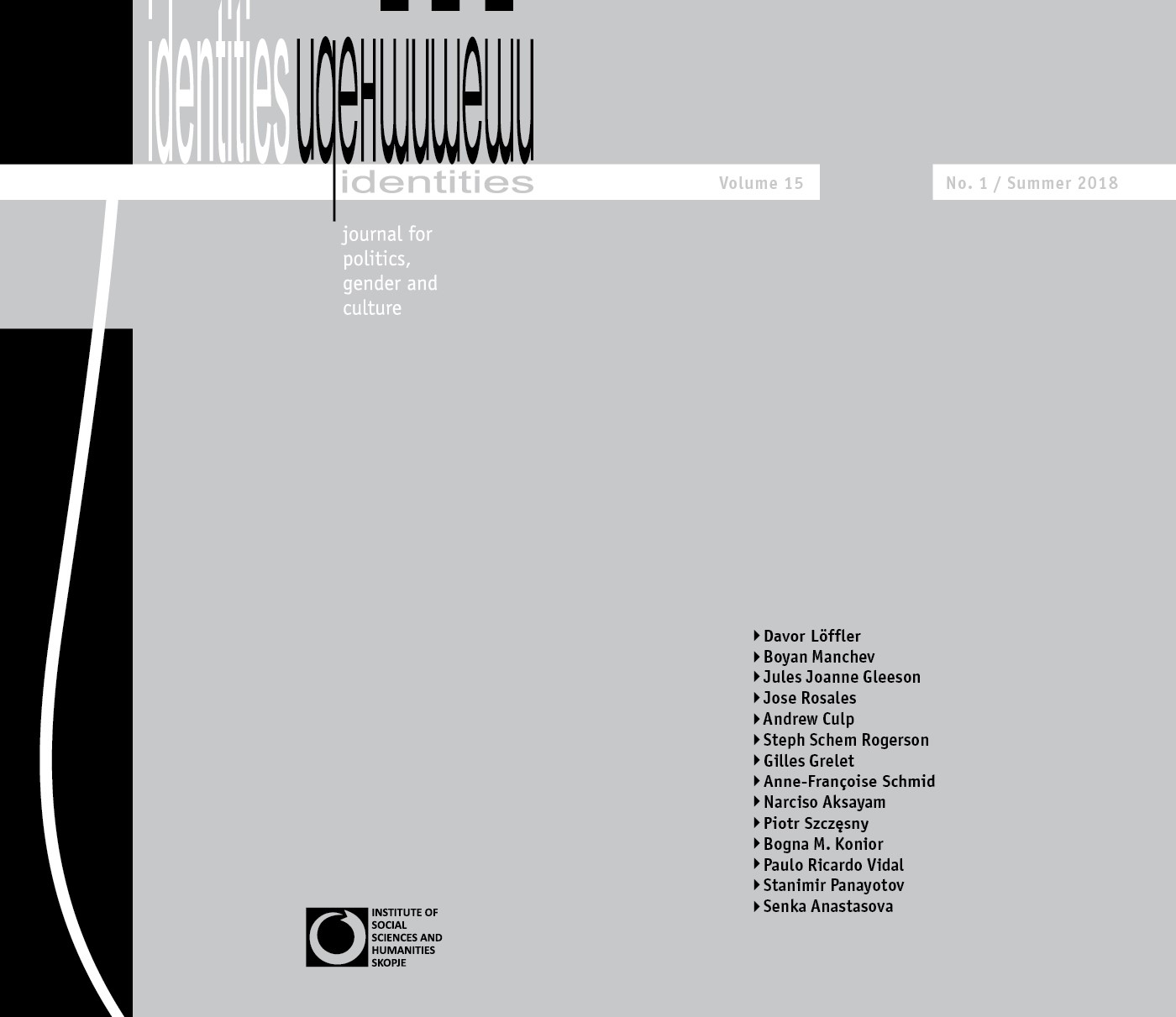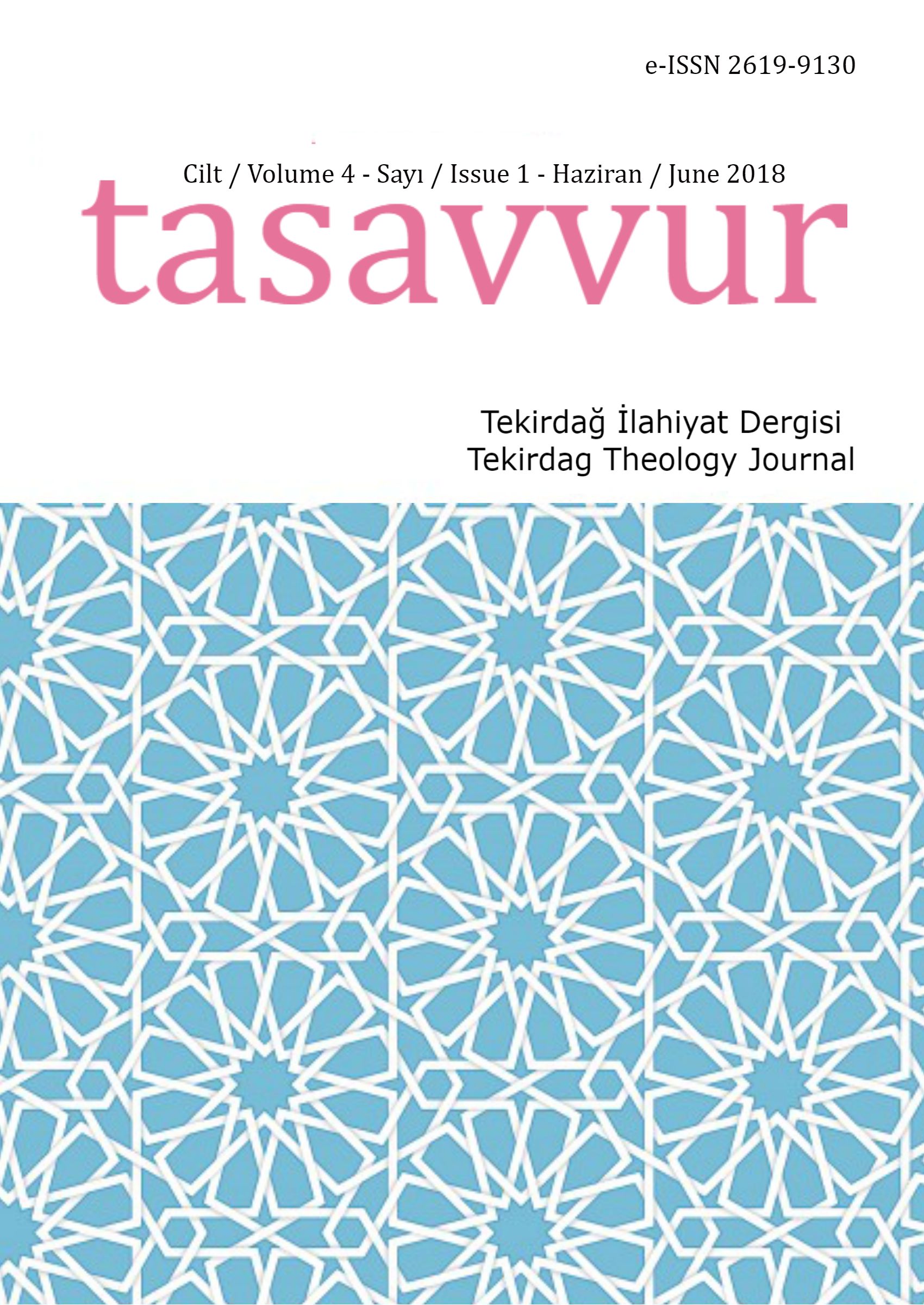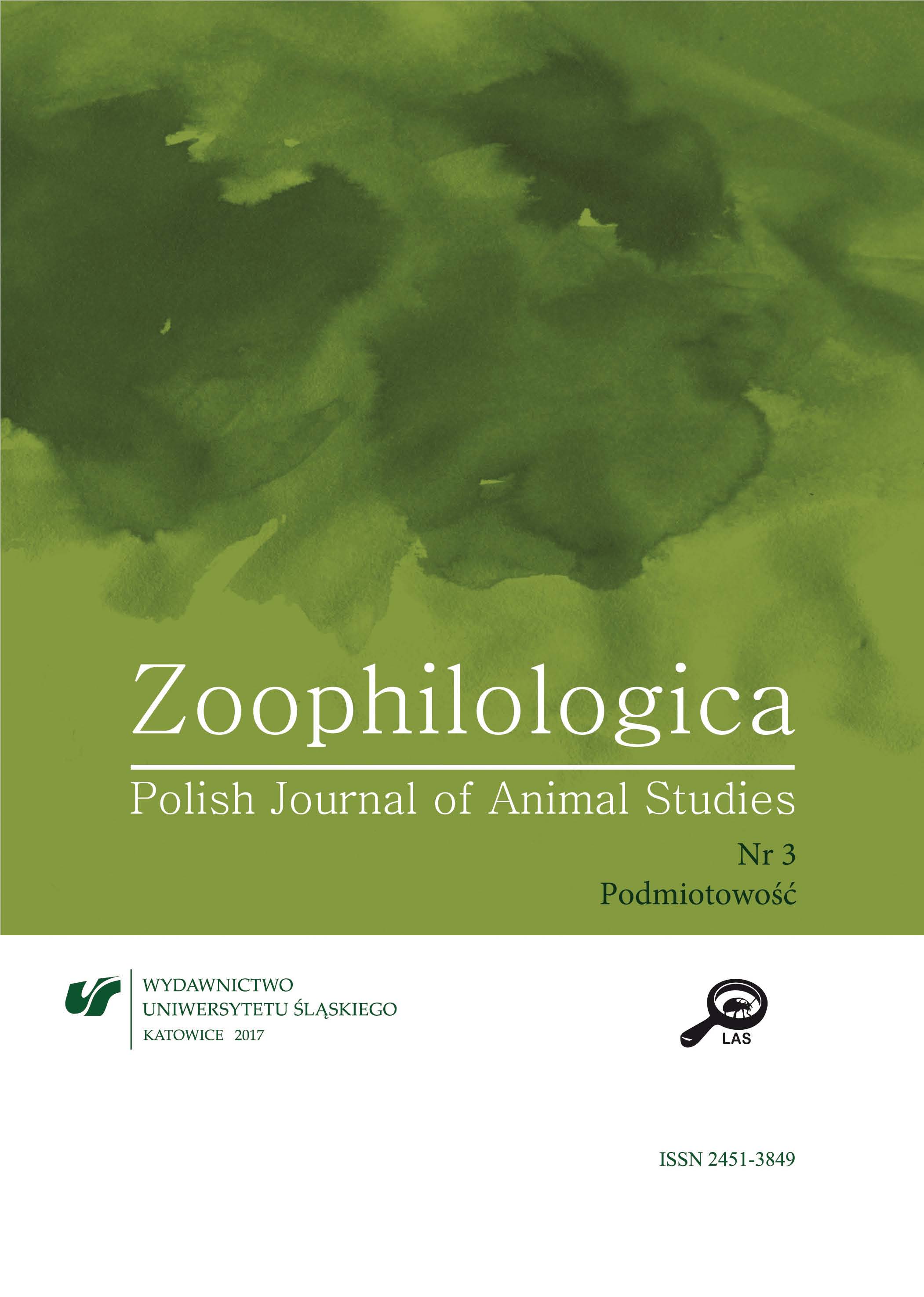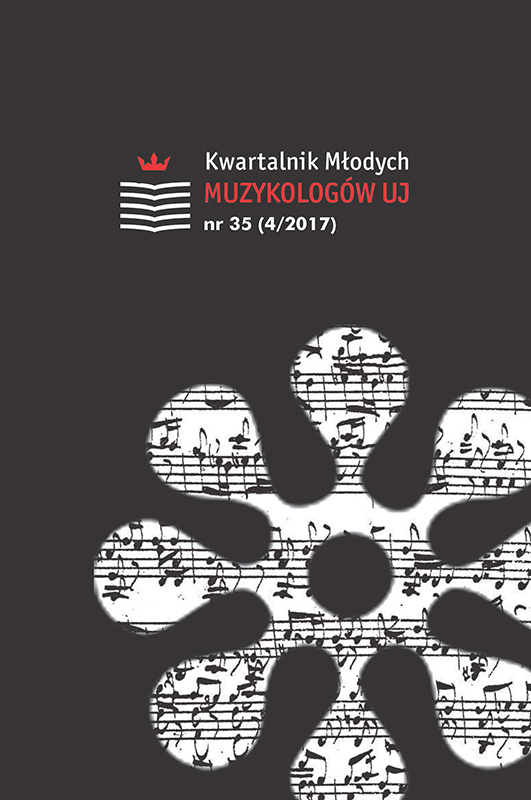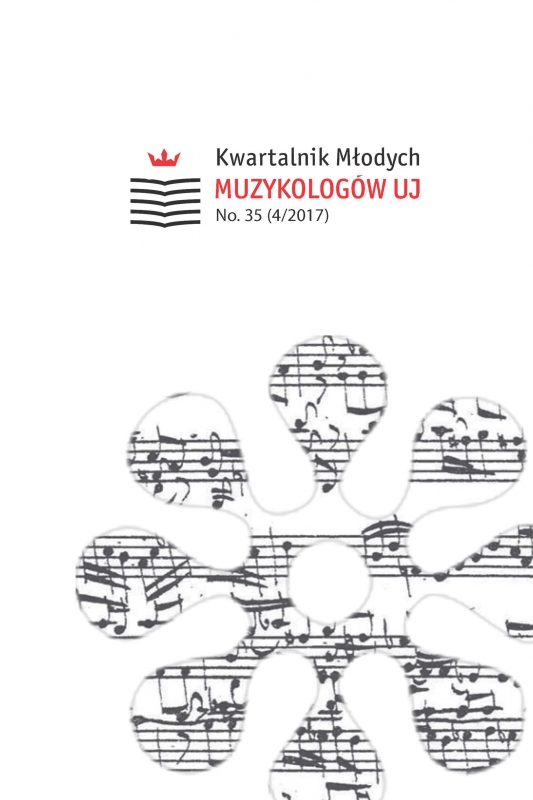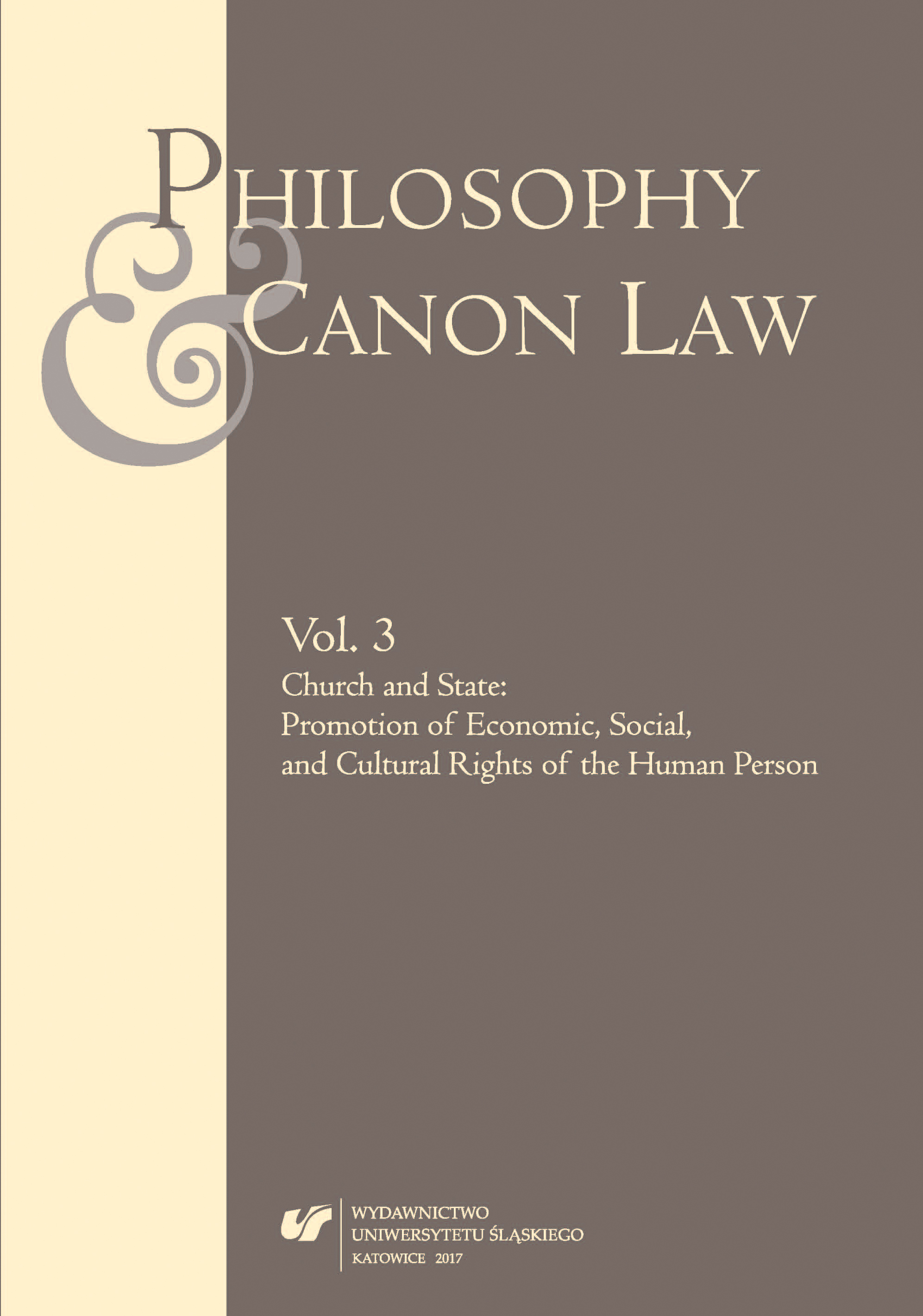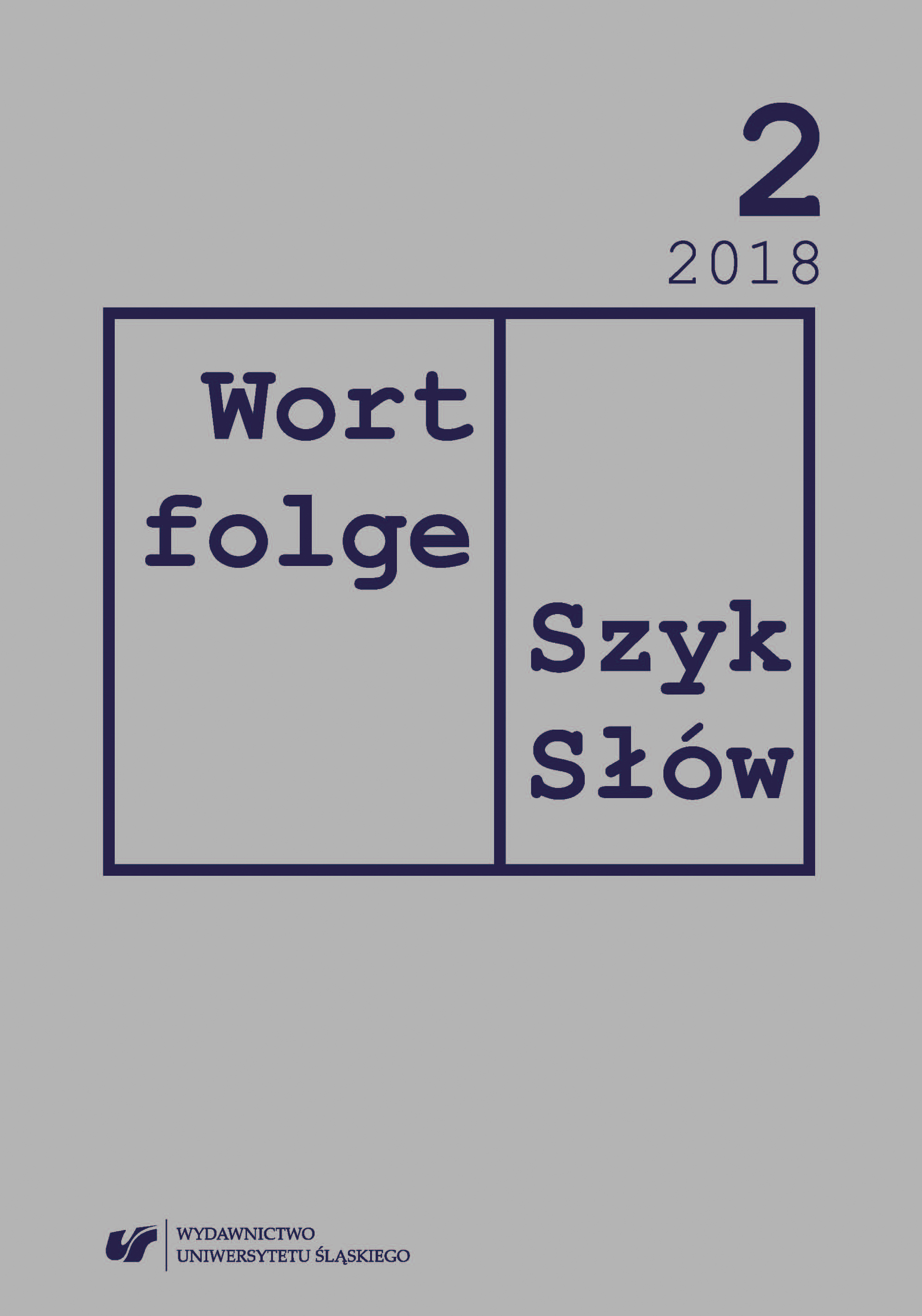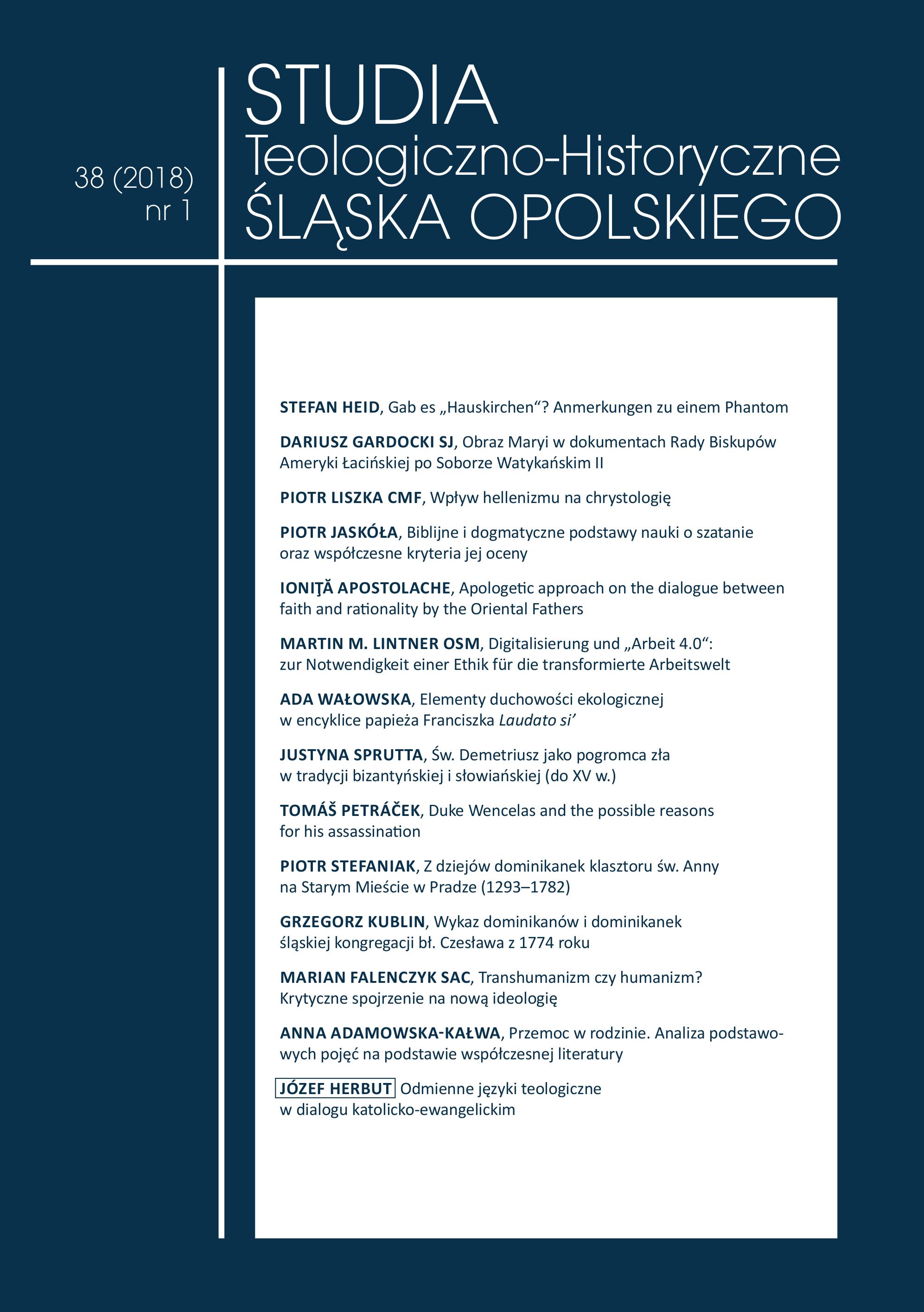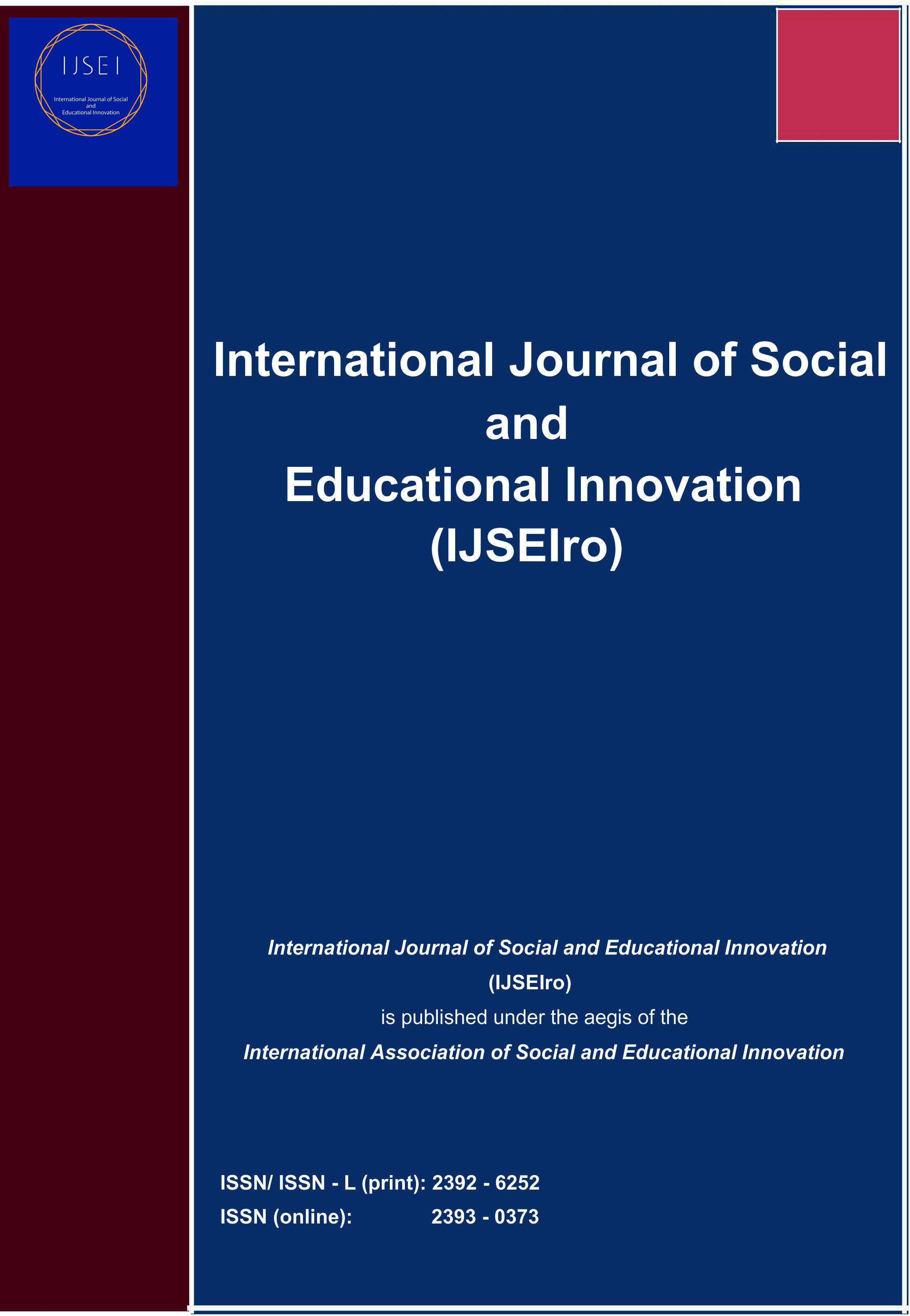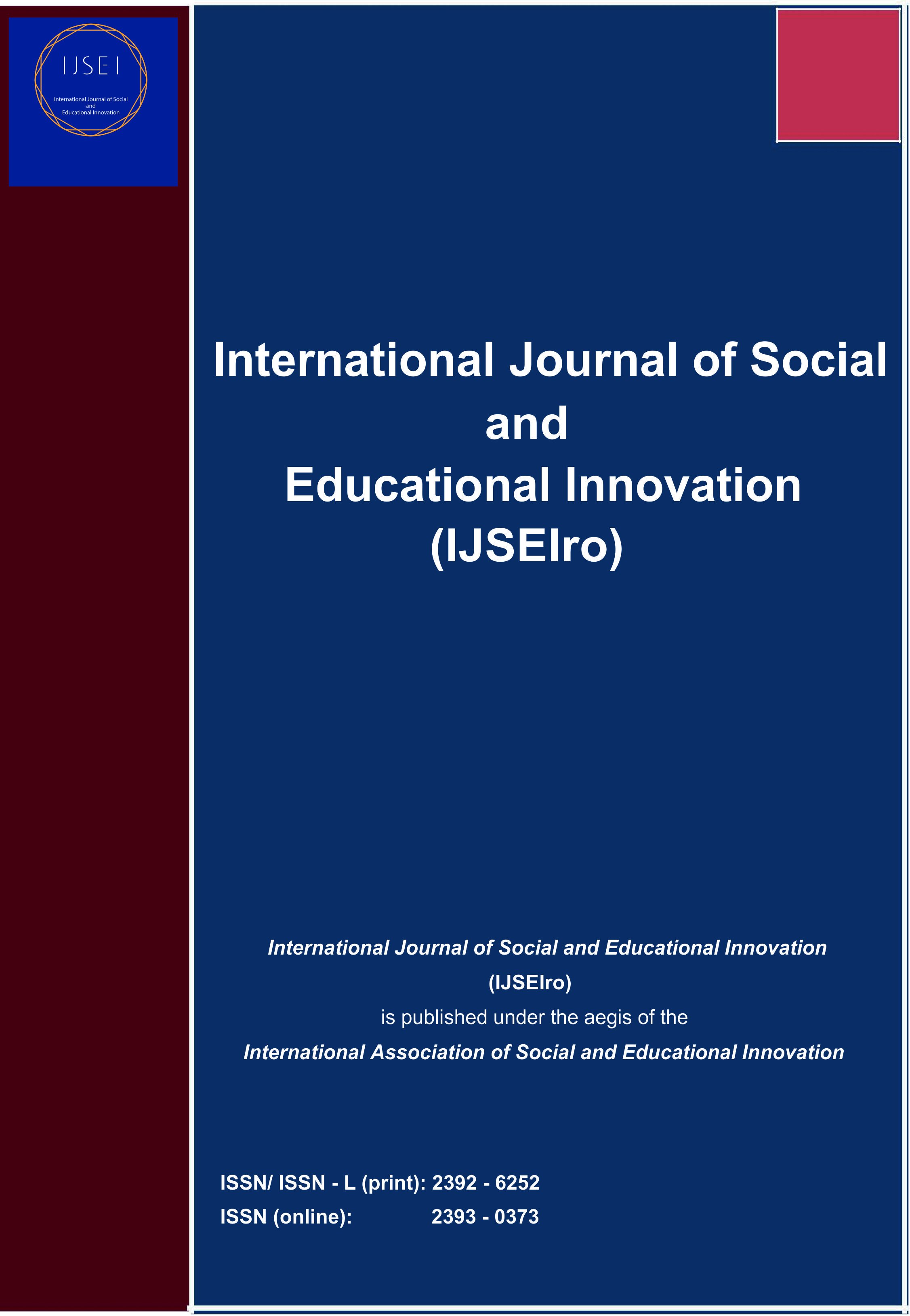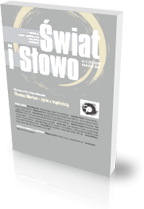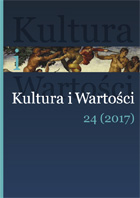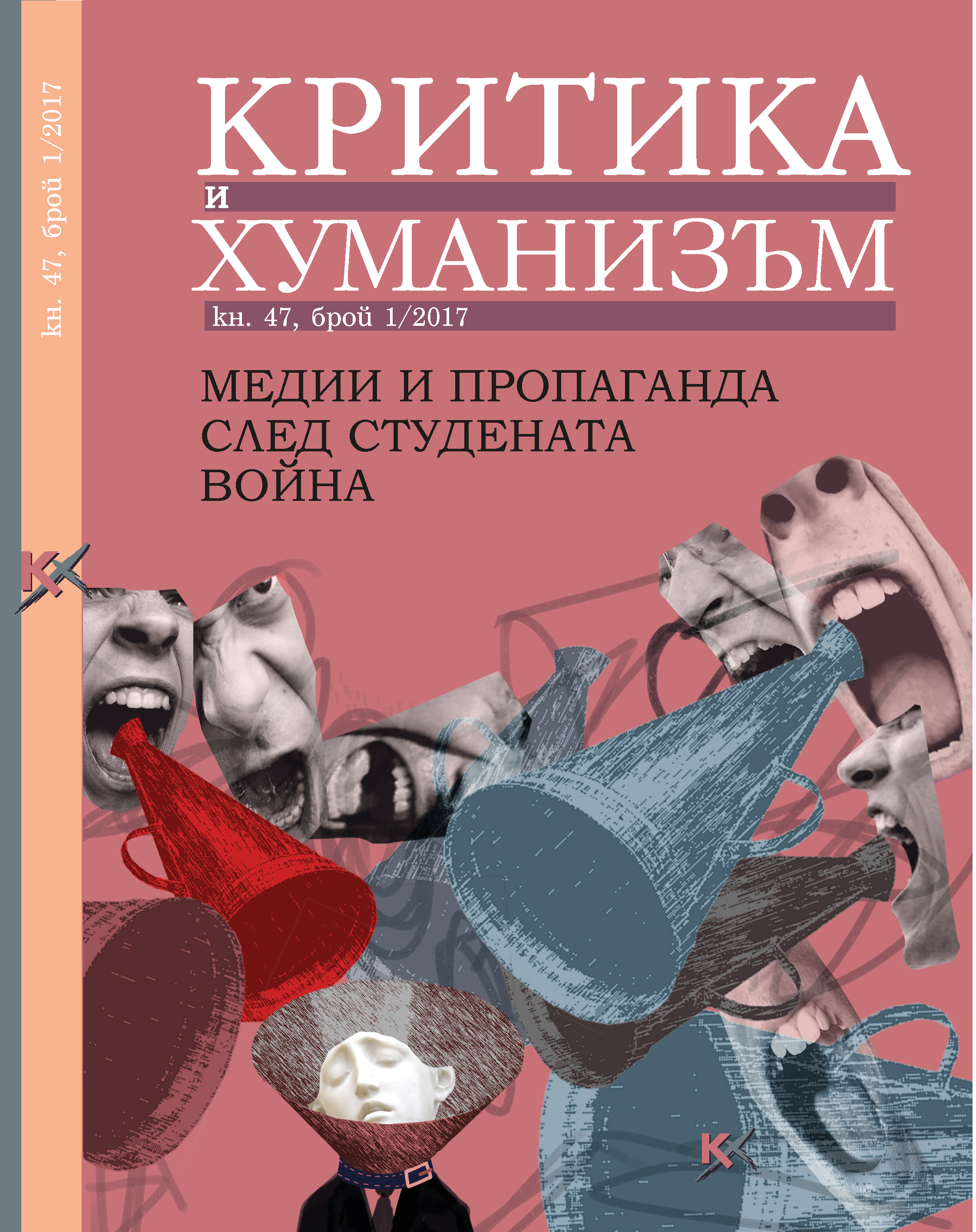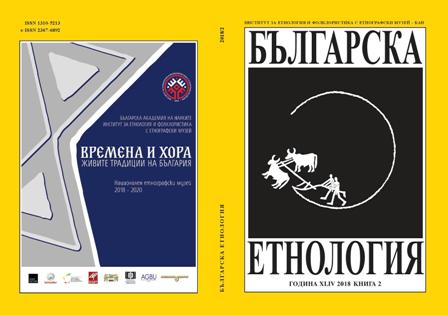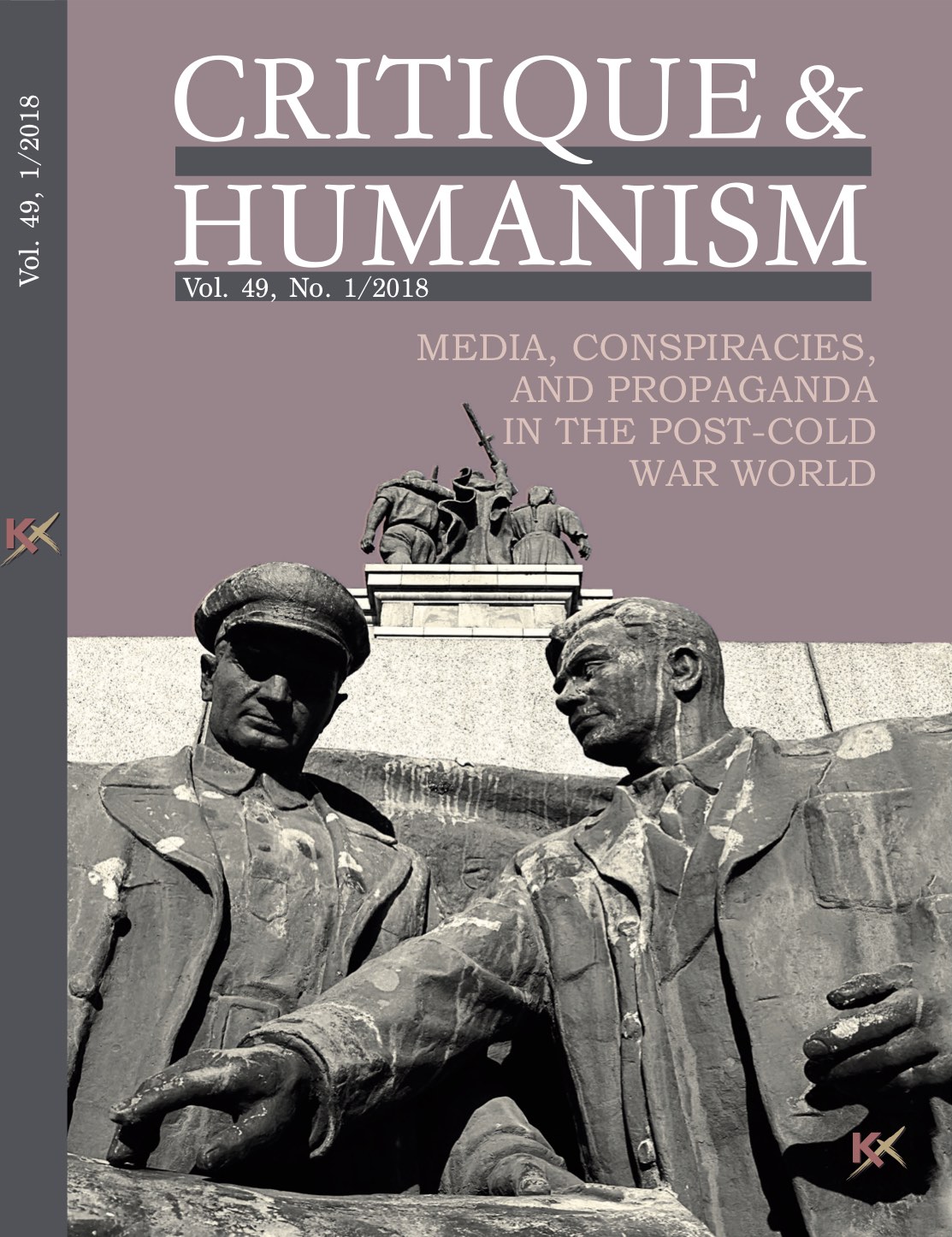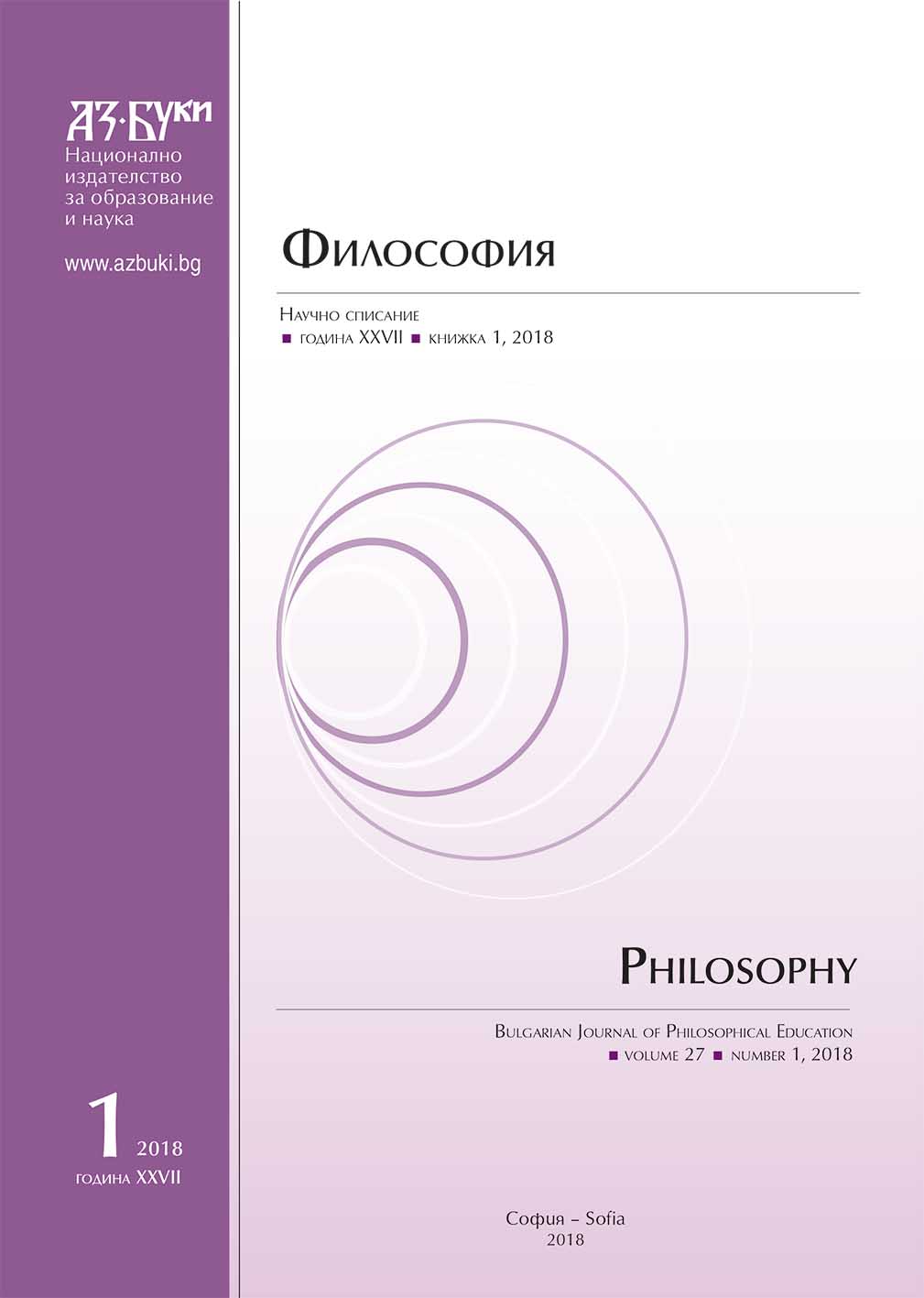
Болката като разбулване
Pain is seen not as a sensation but as an experience. Several existential "figures" characteristic of the "body-in-pain" are analyzed. In pain experience, the limits of our "might" are questioned. The pain creates an original experience of our own body. The health, which before the pain is "invisible", expresses itself, enters the field of consciousness. The article also examines the possibilities and boundaries for communicating pain and compassion. Also outlined are the consequences of striving to achieve "bodies without pain".
More...
